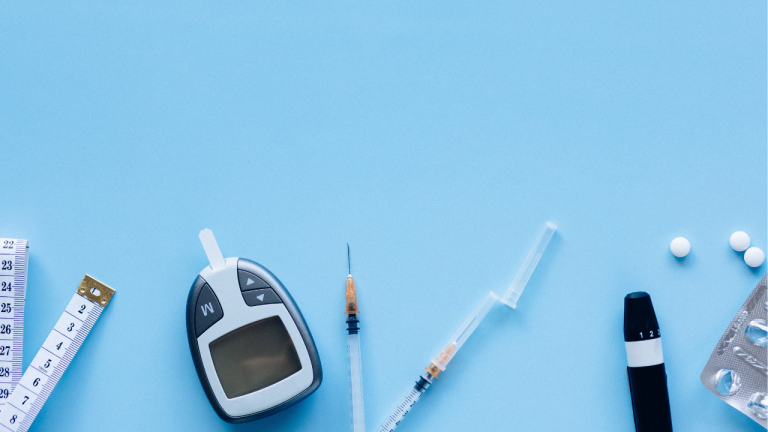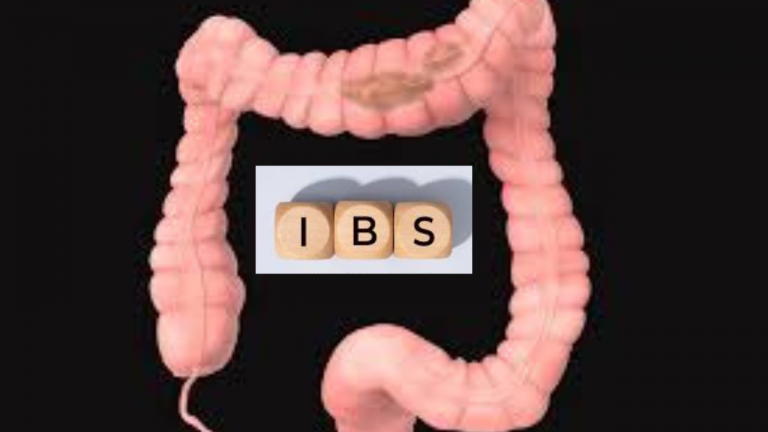How To Balance Hormones Naturally

Balancing hormones naturally involves adopting healthy lifestyle habits that support hormonal balance. While it’s important to note that individual needs may vary, here are some general tips to help balance hormones naturally:
Eat a balanced diet: Focus on consuming a nutrient-dense, whole foods-based diet. Include a variety of fruits, vegetables, whole grains, lean proteins, and healthy fats. Avoid or minimize processed foods, sugary snacks, and foods high in saturated and trans fats. Aim for a diet that supports stable blood sugar levels and includes foods rich in vitamins, minerals, and antioxidants.
Manage stress: Chronic stress can disrupt hormone balance. Practice stress management techniques such as meditation, deep breathing exercises, yoga, or engaging in activities that you find relaxing and enjoyable. Prioritize self-care and make time for activities that promote stress reduction and emotional well-being.
Get enough sleep: Prioritize quality sleep to support hormone balance. Aim for 7-9 hours of uninterrupted sleep each night. Establish a regular sleep routine, create a sleep-friendly environment, and practice good sleep hygiene habits, such as avoiding electronic devices before bed and keeping a consistent sleep schedule.
Regular exercise: Engage in regular physical activity as it helps regulate hormone levels. Aim for a combination of cardiovascular exercises, strength training, and flexibility exercises. Find activities that you enjoy to make it easier to stick to a consistent exercise routine.
Maintain a healthy weight: Excess weight can contribute to hormonal imbalances. Aim to achieve and maintain a healthy weight through a balanced diet and regular exercise. Losing weight if necessary and avoiding extreme weight loss or restrictive diets is important for hormonal health.
Limit exposure to toxins: Environmental toxins present in certain household products, personal care items, and plastics can disrupt hormonal balance. Opt for natural and non-toxic alternatives whenever possible. Minimize exposure to pesticides and chemicals by choosing organic foods, using natural cleaning products, and avoiding plastic containers for food storage whenever feasible.
Support gut health: A healthy gut microbiome is crucial for hormone balance. Consume a diet rich in fiber to support a healthy digestive system. Include probiotic-rich foods like yogurt, kefir, sauerkraut, or consider a high-quality probiotic supplement. Reduce intake of processed foods, artificial sweeteners, and antibiotics, as they can negatively impact gut health.
Consider herbal treatment: Certain herbs and supplements have been traditionally used to support hormone balance. Examples include chasteberry (Vitex), evening primrose oil, maca root, and ashwagandha. However, it’s important to consult with a healthcare professional or herbalist before starting any new supplements to ensure they are appropriate for your individual needs and health conditions.
Remember that hormonal balance is a complex process, and it’s advisable to consult with a healthcare professional, such as a naturopathic doctor or endocrinologist, for personalized guidance based on your specific hormonal imbalances and health needs. They can provide tailored recommendations and monitor your progress.



